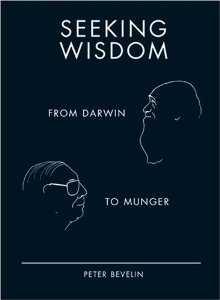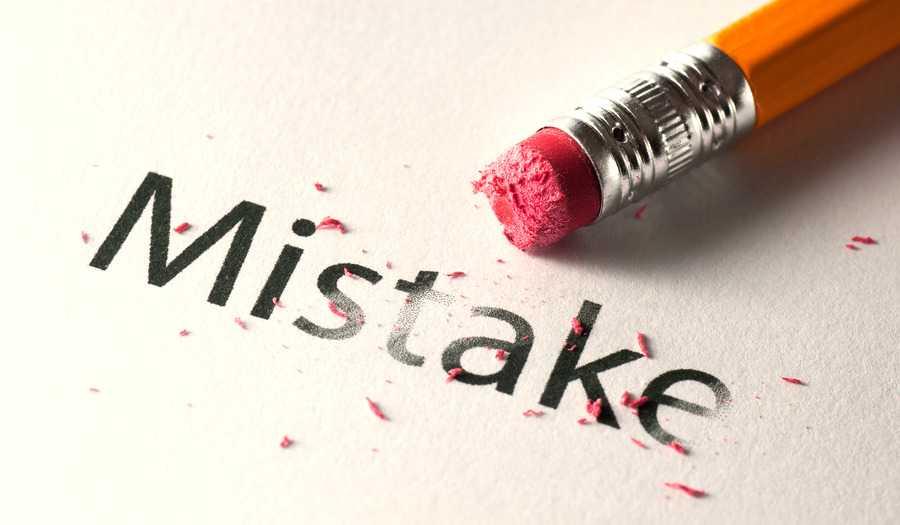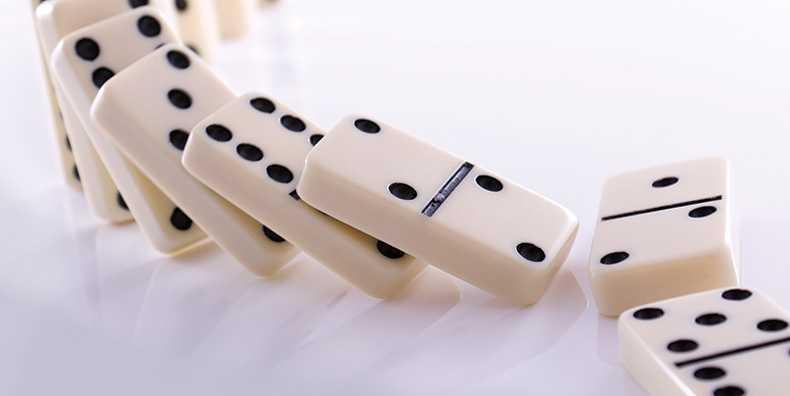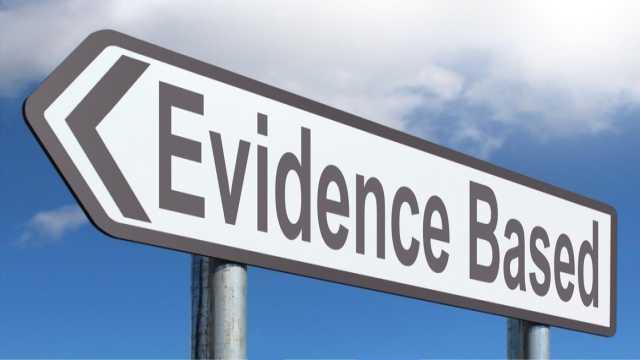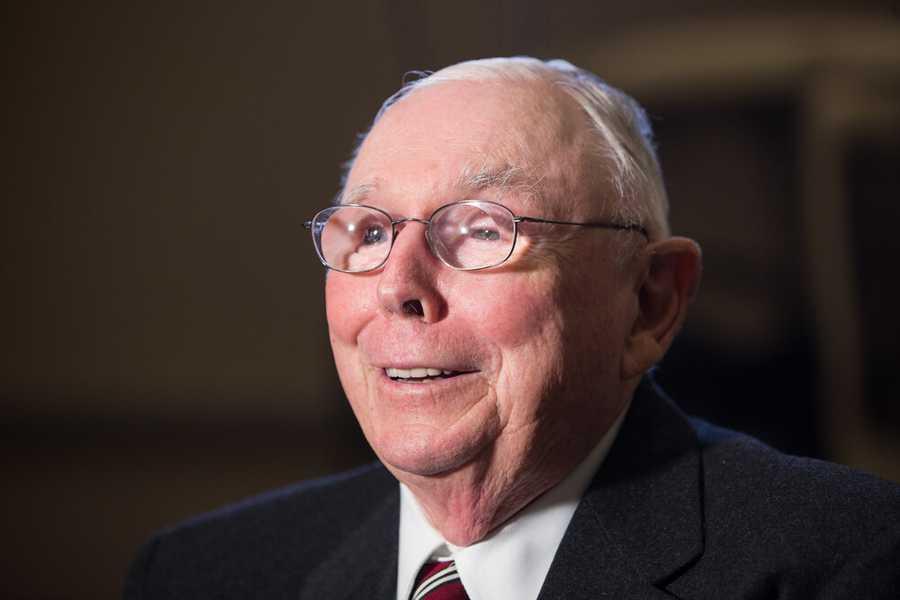Damien 's Key Ideas from Seeking Wisdom
by Peter Bevelin
Ideas, facts & insights covering these topics:
19 ideas
·79.3K reads
589
4
Explore the World's Best Ideas
Join today and uncover 100+ curated journeys from 50+ topics. Unlock access to our mobile app with extensive features.
1.28K
16.1K reads
We Can’t Eliminate Mistakes
... but we can prevent those that can really hurt us. If we understand what influences us, we might avoid certain traps and understand why others act like they do.
And if we learn and understand what works and doesn’t work and find some framework for reasoning, we will make better judgments.
988
8.67K reads
“It is our brain, its anatomy, physiology and biochemistry and how these parts function that set the limits for how we think. But since our brain’s parts also interact with our body’s anatomy, physiology and biochemistry, we must see brain and body together. They are part of the same system – us.”
PETER BEVELIN
979
8.49K reads
Evolution
- The theory behind evolution is that all individuals alive today have evolved from simpler, more primitive forms of life.
- There is fossil, anatomical and molecular evidence of evolution.
- The major mechanisms responsible for the evolution and for how our brain evolved are mutation (caused by a copying error in the sequence of A, C, G and T molecules when DNA is copied that may cause a change in a protein leading to a modification in the individual that inherits the gene) and natural selection.
913
5.59K reads
Cultural Evolution
- It relates to the practices, methods, tools, myths, ethics, and social norms that are important in the evolution of our behavior. Customs that we learn from the experience of our parents and others – either by teaching or observation.
- Cultural evolution is faster than genetic evolution since it allows much of what we learn to be passed on and combined with what others around us have learned. Unlike biological evolution, cultural evolution is not inherited. We don’t inherit our parents’ habits. We learn from them.
921
4.09K reads
“There is always some background within which behavior makes sense. Behavior can’t be seen as rational or irrational independent of context. We are created with a series of emotions that are appropriate depending on circumstances. If we change context or environment, we change behavior.“
PETER BEVELIN
992
7.11K reads
Biases That Influence Us Subconsciously
- Bias from mere association seeing situations as identical because they seem similar.
- Self-serving bias: Overly positive view of our abilities and future.
- Confirmation bias: Looking for evidence that confirms our actions and beliefs.
- Status quo bias and do-nothing syndrome: Keeping things the way they are. Includes minimizing effort and a preference for default options.
- Bias from anchoring: Over-weighing certain initial information as a reference point for future decisions.
- Bias from reciprocation tendency: Repaying in kind what others have done for or to us like favors, concessions, information and attitudes.
- Bias from over-influence by liking tendency: Believing, trusting and agreeing with people we know and like.
- Bias from over-influence by social proof: Imitating the behavior of many others or similar others. Includes crowd folly.
- Bias from over-influence by authority: Trusting and obeying a perceived authority or expert.
1.05K
3.16K reads
Psychological Reasons for Misjudgments
- Underestimating the power of rewards and punishment
- Valuing the present more highly than the future.
- Over-influence by vivid or the most recent information.
- Constructing explanations that fit an outcome.
- Memory limitations: Remembering selectively and wrong.
- Acting without a sensible reason.
- Mental confusion from say-something syndrome: Feeling a need to say something when we have nothing to say.
- Making hasty judgments under the influence of intense emotions.
- Mental confusion from stress and from physical or psychological pain, the influence of chemicals or diseases.
987
2.95K reads
When We Fail To Understand Causes
This translate into:
- Not understanding what causes desired results.
- Believing cause resembles its effect – that a big effect must have a big or complicated cause.
- “Underestimating the influence of randomness in bad or good outcomes.”
- Mistaking an effect for its cause. Includes failing to consider that many effects may originate from one common root cause.
- Attributing outcome to a single cause when there are multiple causes.
- Mistaking correlation for cause.
- Failing to consider that an outcome may be consistent with alternative explanations.
- Not comparing the difference in conditions, behavior and factors between negative and positive outcomes in similar situations when explaining an outcome.”
928
1.88K reads
Failing To Consider Coincidences And Miracles
- Underestimating that surprises and improbable events happen, somewhere, sometimes, to someone, if they have enough opportunities (large enough size or time) to happen.
- Looking for meaning, searching for causes, and making up patterns for chance events, especially events that have emotional implications.
- Failing to consider cases involving the absence of a cause or effect.
896
2.01K reads
Models of Reality
- A model is an idea that helps us better understand how the world works. Models illustrate consequences and answer questions like ‘why’ and ‘how’.
- A valuable model produces meaningful explanations and predictions of likely future consequences where the cost of being wrong is high.
- Use knowledge and insights from many disciplines. Most problems need to be studied from a variety of perspectives.
897
1.83K reads
“Words, definitions, propositions, statements, or goals don’t tell us anything. We need to understand what they mean. It is the same with knowledge. Knowledge is only valuable if it’s useful and something is only useful if we understand what it means.“
PETER BEVELIN
935
3.12K reads
Using Rules And Filters
- Filters help us prioritize and figure out what makes sense. When we know what we want, we need criteria to evaluate alternatives. Ask: What are the most critical (and knowable) factors that will cause what I want to achieve or avoid? Criteria must be based on evidence and be reasonably predictive, i.e., we must do better than chance by relying on them. Try to use as few criteria as necessary to make your judgment. Then rank them in order of their importance and use them as filters.
- Elimination is a great conservator of effort. For example, place the burden of proof on statements that contradict basic scientific ideas. Eliminate situations that may cause great sorrow, what is not important or knowable, what can’t happen or be achieved, what can’t usefully be predicted or explained, what can’t be tested, what is already disproved, the easy decisions, the wrong assumptions, what we can’t do something about or problems where we don’t have any competence.
- Doing something according to pre-established rules, filters and checklists often makes more sense than doing something out of pure emotion. But we can’t have too many rules, filters or items without thinking. We must always understand what we’re trying to accomplish.
910
1.12K reads
Simplification And Decision Making
- Make problems easier to solve. Turn complicated problems into simpler ones. Eliminate everything except the essentials. Break down a problem into its components but look at the problem holistically.
- Be problem-oriented. Not method-oriented. Use whatever works.
- Make fewer and better decisions.
- Dealing with what’s important forces us to prioritize. There are often just a few actions that produce most of what we are trying to achieve. There are only a few decisions of real importance.
- More information doesn’t equal more knowledge or better decisions. And remember that today we not only have access to more information, but also misinformation.
960
1.67K reads
How Goals Should Be
- Clearly defined
- Focused on results
- Realistic and logical
- Measurable
- Tailored to our individual needs
- Subject to change.
Meaningful goals need to be backed by reasons as a way of testing that we set the right goal.
955
1.66K reads
Evidence
- Evidence helps us prove what is likely to happen or likely to be true or false. Evidence comes from facts, observations, experiences, comparisons, and experiments.
- Do what scientists do: Strive for objectivity. Scientists try to describe the world as it is, not as they want it to be. They seek to answer ‘why’ and ‘how’ questions and try to predict natural phenomena and processes by using methods of scientific integrity.
895
1.32K reads
Backward Thinking
- Whenever we try to achieve a goal, solve problems, predict what is likely to happen or likely to be true or false, we should think things through backwards.
- Avoid what causes the opposite of what you want to achieve.
- Thinking backwards, we can determine what actions must be avoided.
- Instead of asking how we can achieve a goal, we ask the opposite question: What don’t I want to achieve (non-goal)? What causes the non-goal? How can I avoid that? What do I now want to achieve? How can I do that?
944
1.41K reads
Having The Right Attitude In Life
- Part of avoiding misjudgments and improving our lives is having the right attitude toward life.
- Since people are different, there is no one-size-fits-all strategy. We each must figure out our own style. But there are guidelines that apply to us all.
- We should act in a way that agrees with our nature, advantages and limitations and we should establish (and follow) some values.
909
1.61K reads
"I believe in the discipline of mastering the best that other people have ever figured out. I don't believe in just sitting down and trying to dream it all up yourself. Nobody's that smart."
CHARLIE MUNGER
951
5.42K reads
IDEAS CURATED BY
Damien 's ideas are part of this journey:
Learn more about books with this collection
How to prioritize and simplify your life
The importance of rest and relaxation
The benefits of slowing down
Related collections
Different Perspectives Curated by Others from Seeking Wisdom
Curious about different takes? Check out our book page to explore multiple unique summaries written by Deepstash curators:
1 idea
Ayush Gangwar .'s Key Ideas from Seeking Wisdom
Peter Bevelin
Discover Key Ideas from Books on Similar Topics
11 ideas
16 ideas
Practical Wisdom
Barry Schwartz, Kenneth Sharpe
15 ideas
15 Types Of Approval-Seeking Behavior
aconsciousrethink.com
Read & Learn
20x Faster
without
deepstash
with
deepstash
with
deepstash
Personalized microlearning
—
100+ Learning Journeys
—
Access to 200,000+ ideas
—
Access to the mobile app
—
Unlimited idea saving
—
—
Unlimited history
—
—
Unlimited listening to ideas
—
—
Downloading & offline access
—
—
Supercharge your mind with one idea per day
Enter your email and spend 1 minute every day to learn something new.
I agree to receive email updates
